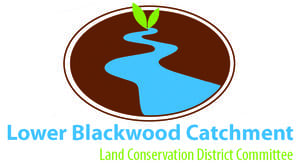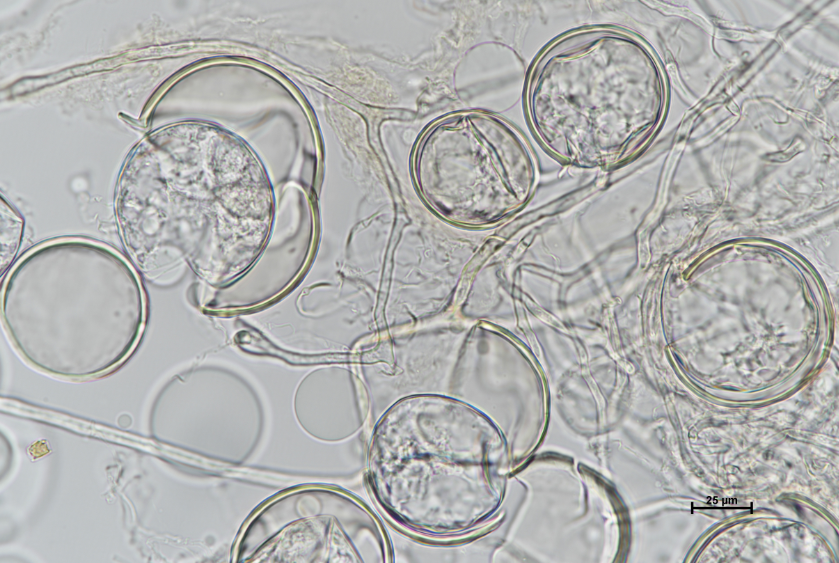Biochar – Black Gold?
-
Biochar – Black Gold?
At a recent workshop hosted by Geocatch, Biochar expert Dr Stephen Joseph presented on all things biochar including a walk through his co authored ‘Farmer’s Guide to the production, use & application of biochar’.
This comprehensive book is readily available to download from the Australia New Zealand Biochar Association.
Biochar is a super charged charcoal, created when organic matter is burned slowly with almost no oxygen in an enclosed chamber at temperatures ranging from 250 to 900 degrees C. Research has shown that soil and plant responses to addition of biochar can be negative, positive, or neutral, depending on many variables, including feedstock and pyrolysis temperature, application rate and method, and application context
The positives of using Biochar in agriculture can include:
- Reduction of soil acidity
- Soil compaction remediation
- Improved soil water infiltration and holding capacity
- Increased nutrient mineralization and facilitation of nutrient uptake by plants
- Reduction in the availability of heavy metals
- Increases plant resistance to disease, and improves resilience to environmental stressors.
- Increased capacity to sequester carbon
- Reduction in methane emissions when used as a livestock feed.
However, to avoid potential negative environmental outcomes with biochar the feedstock for making it be sustainably sourced. It is also crucial to exclude biomass with high levels of toxic organic and inorganic chemicals (e.g. heavy metals). Importantly for the resultant biochar to lead to effective net drawdown of CO2, the feedstock must be sourced from fast growing biomass that quickly replaces the carbon emitted to the atmosphere during pyrolysis, or from wastes or residues that would otherwise decay or be burned (and consequently sending all their C into the atmosphere as CO2).
For those that want to read the science check out this paper ‘How biochar works, and when it doesn’t‘ also coauthored by Dr Stephen Joseph.
It is our understanding that if you are not interested in making your own but just using it, a high temperature wood char is available as a by product for bulk sale from Simcoa. Manjimup farmer Doug Pow has been feeding his cattle biochar from Simcoa for the past 10 years and utilising dung beetles to take the biochar down to into the soil. This 2019 ABC article gives good summary of what he has been doing, and as an update Doug reported that the lower areas of his farm remained green this last summer meaning he had plenty of summer feed for his cattle.
Has anyone out there had any experience with Biochar they are willing to share to this forum?
Log in to reply.


